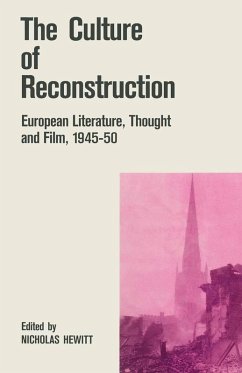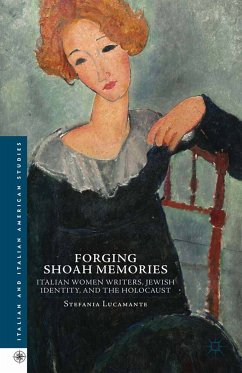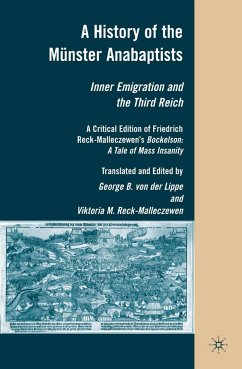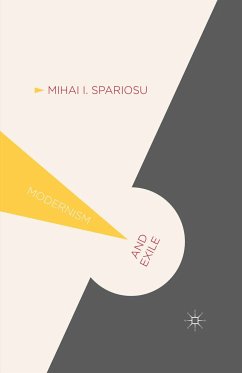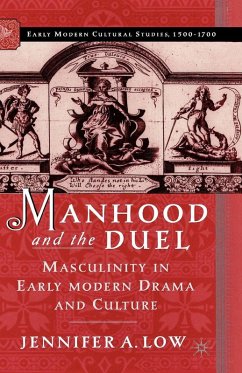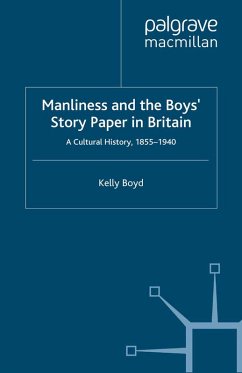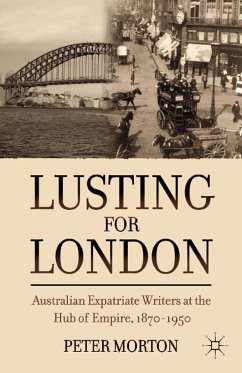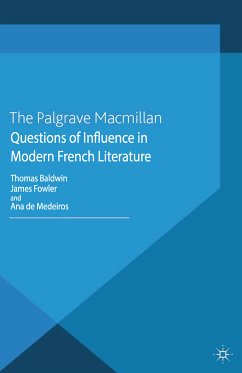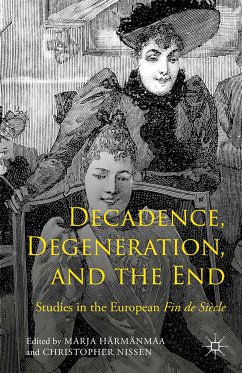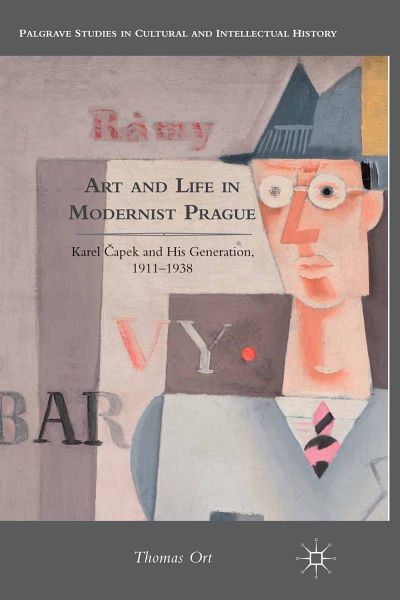
Art and Life in Modernist Prague (eBook, PDF)
Karel Capek and his Generation, 1911-1938
Versandkostenfrei!
Sofort per Download lieferbar
40,95 €
inkl. MwSt.
Weitere Ausgaben:

PAYBACK Punkte
20 °P sammeln!
In most contemporary historical writing the picture of modern life in Habsburg Central Europe is a gloomy story of the failure of rationalism and the rise of protofascist movements. This book tells a different story, focusing on the Czech writers and artists distinguished by their optimistic view of the world in the years before WWI.
Dieser Download kann aus rechtlichen Gründen nur mit Rechnungsadresse in A, B, BG, CY, CZ, D, DK, EW, E, FIN, F, GR, HR, H, IRL, I, LT, L, LR, M, NL, PL, P, R, S, SLO, SK ausgeliefert werden.



